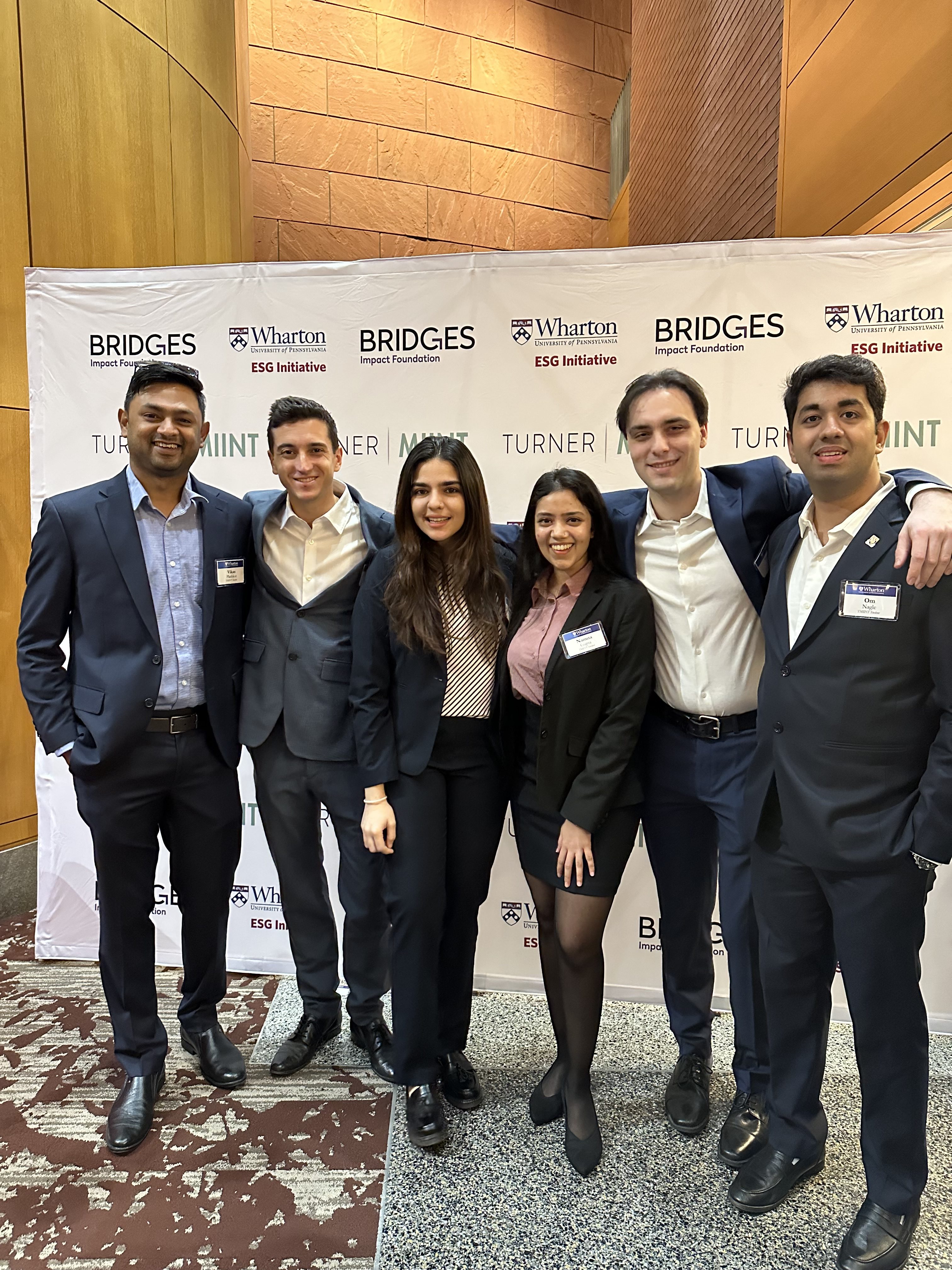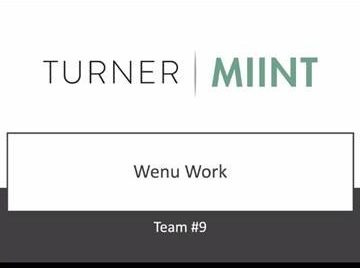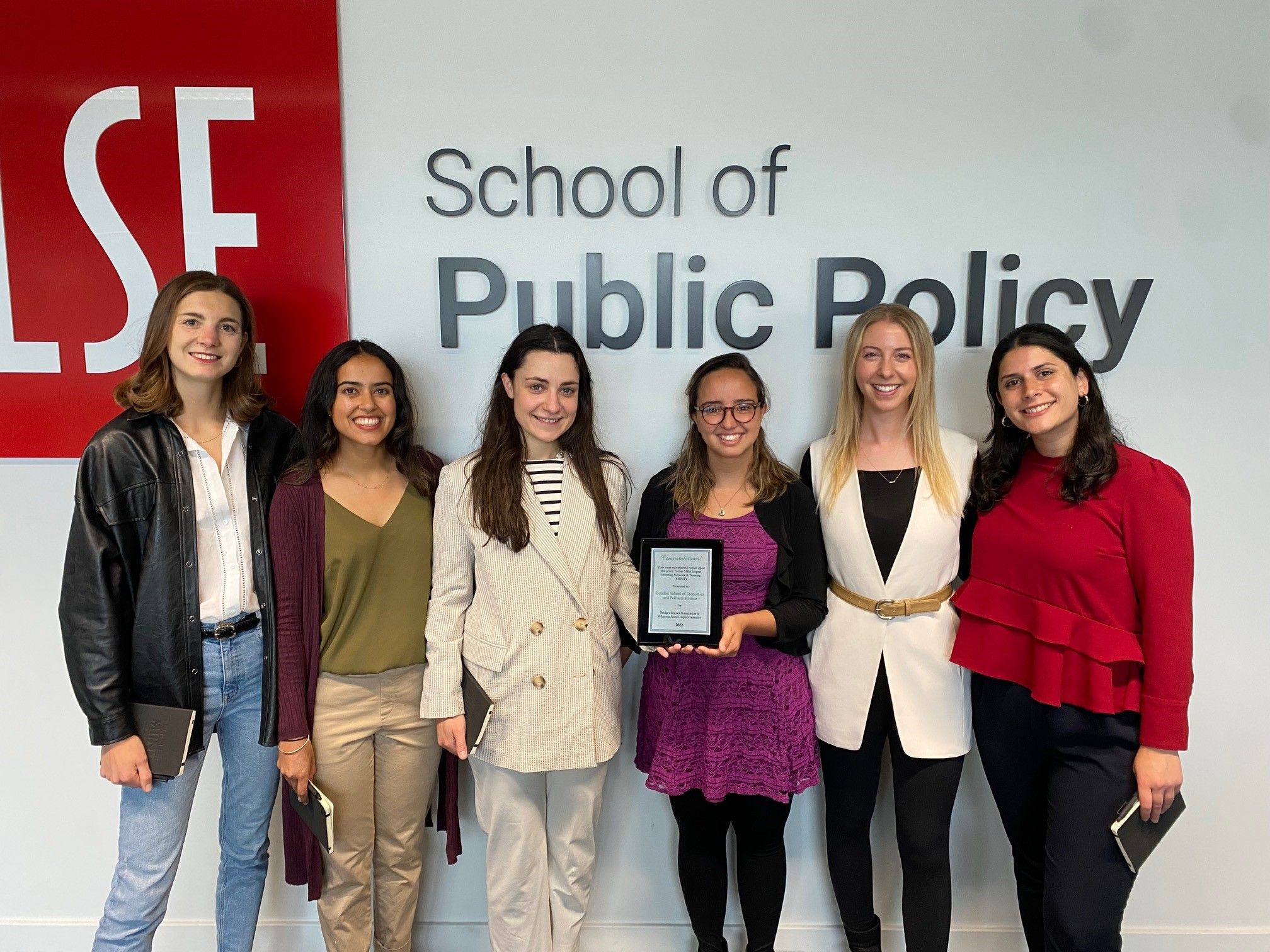Congratulations to the student team who made it to the finals of this year’s Turner MBA Investment Impact Network and Training (MIINT) competition at the Wharton School with their presentation on climate-tech start-up Carble. As in previous years, The Marshall Institute’s Professor Stephan Chambers mentored and supported the six School of Public Policy (SPP) students throughout their journey. In this Q&A, the students told us about their experience and share advice for future teams.
Can you tell us more about the MIINT competition?
The competition requires teams to work as impact investors, which involves — sourcing companies, conducting thorough due diligence, preparing an investment memo and delivering a presentation. LSE and the Marshall Institute have a great network of wonderful people who helped our team through this journey.
What start-up company did you select and why?
The MIINT requirement to create an investment thesis was very helpful. We listed all the domains we were passionate about and set out to find common ground, to ensure that everyone feels equally excited to work on this project.
We landed on Carble, which is a climate-tech start-up that aims to reduce deforestation within the tropical commodity supply chains.
How did your team dynamic and individual strengths contribute to your success?
We had a diverse team in terms of the experiences and interest areas, sending from — climate policy, education, finance, entrepreneurship, consulting and law. It allowed us to leverage each person’s strength for the respective parts of the competition.
What did the presentation process involve and what tactics did you use to convince the Investment Committee to invest?
We divided up the presentation and Q&A sections. For the presentation, we prepared a script, and rehearsed it multiple times! For the Q&A, we did a lot of practice rounds with different groups. All of this was to make sure we had clarity in our delivery for each kind of audience.
Most importantly, we stayed objective, acknowledged the company’s strengths and weaknesses, and were transparent about it. The key is to remember that we’re acting as investors, and not pitching the company as founders.
What do you think was the key to your success?
- Reaching out to networks and advisors, and engaging proactively with the mentors from LSE and MIINT
- Read, read, read. It is the only way to strengthen research
- Practice, A LOT.
What do you think were the main benefits of taking part?
The world of venture capital and impact investing was entirely new to most of us, which meant that the learning curve was very steep. The whole experience was extremely practical and very hands-on. We were actively talking to several founders and learnt how to go about analysing revenue and impact models. It is also a tremendous opportunity to network with a lot of brilliant minds from around the world.
What advice would you give to anyone who is considering taking part in future?
Whether you are conversant with the world of impact investing, or barely know what the term means, apply for the program! It is an opportunity for immense learning — all you need is the drive to learn

By Namita Gupta, on behalf of the 2022-23 LSE Turner MIINT Team (Emilio Ortelli, Meher Bano Ali, Namita Gupta, Om Nagle, Tommasso Campomagnani, Vikas Plakkot)





